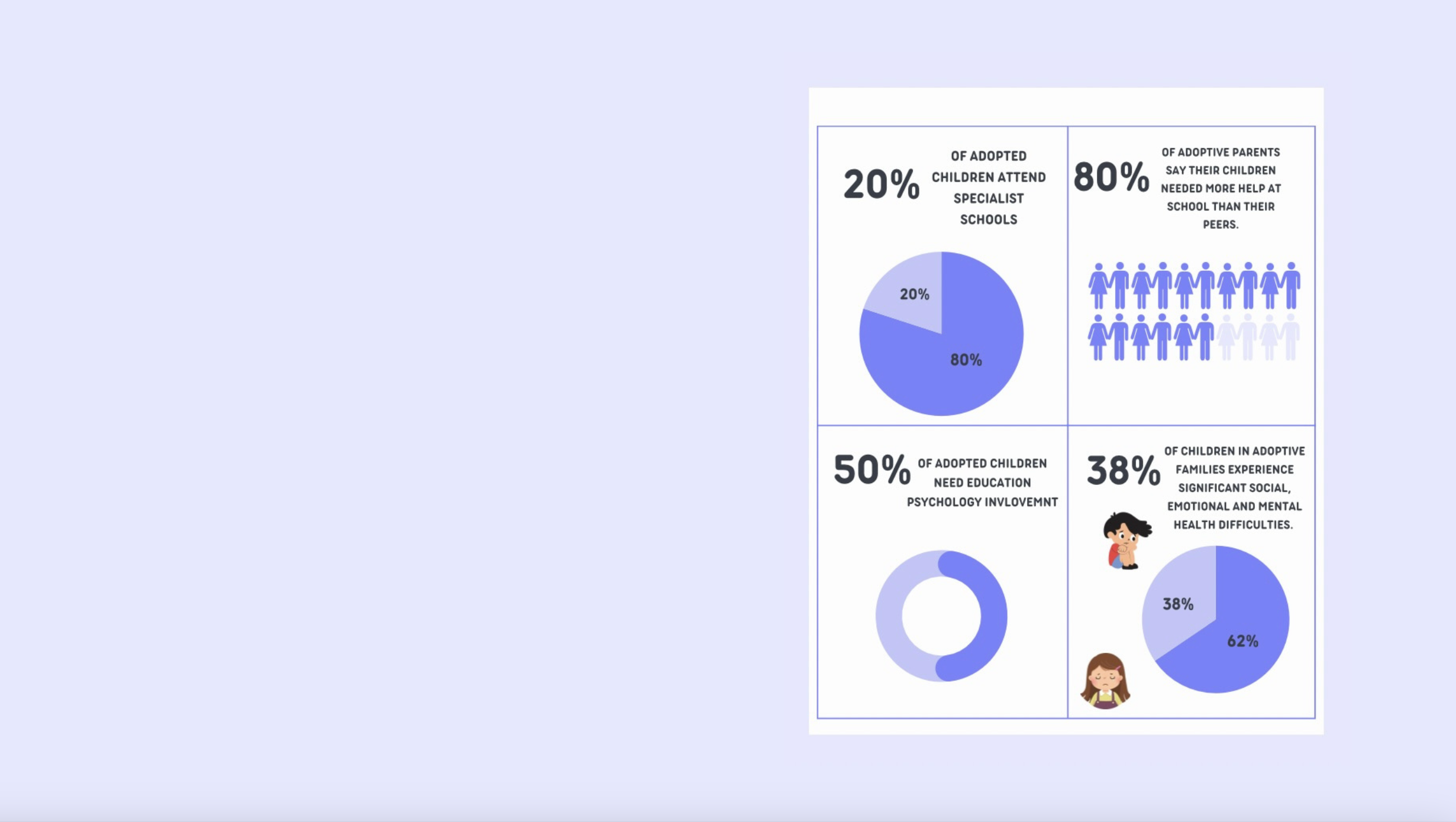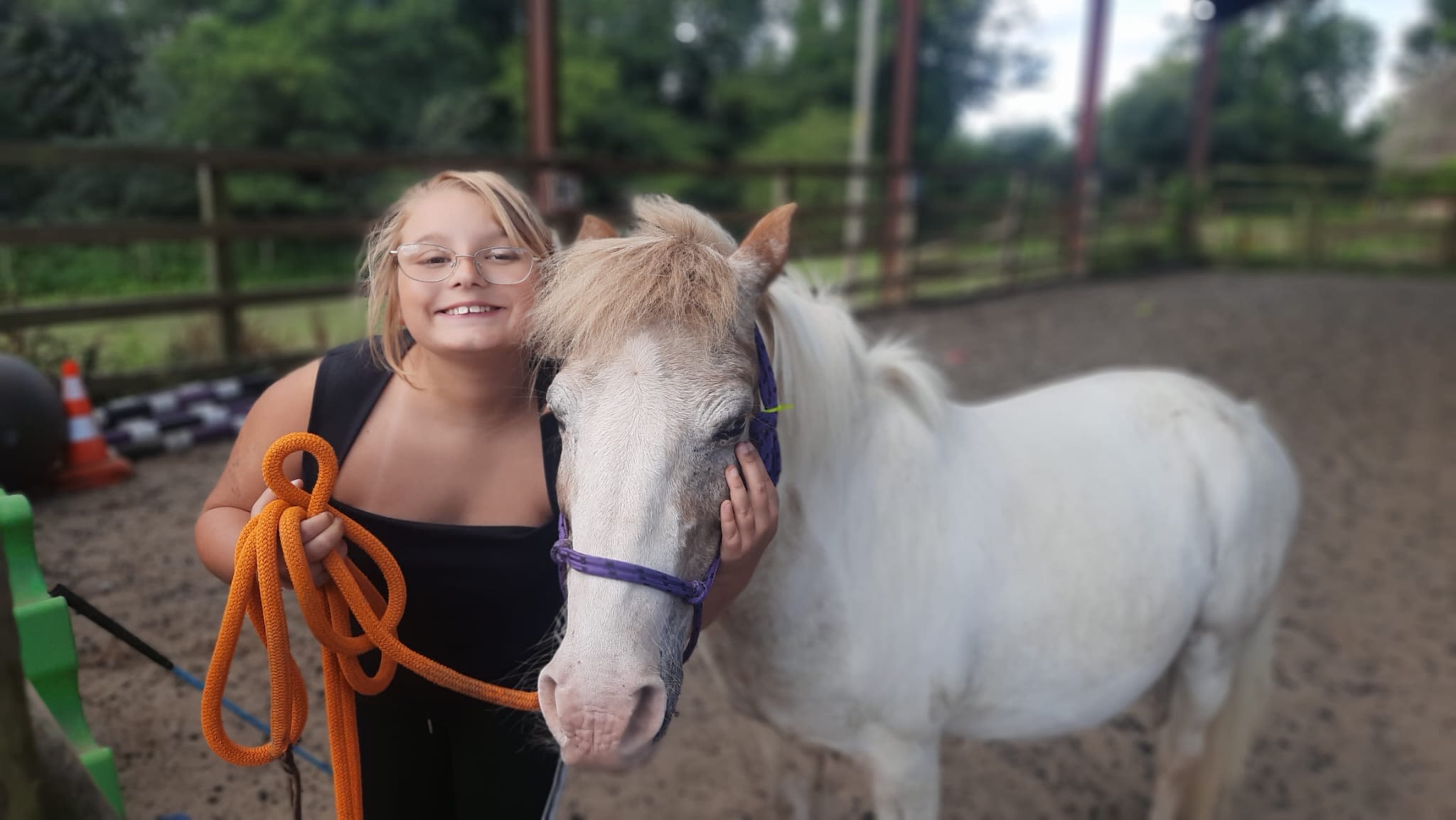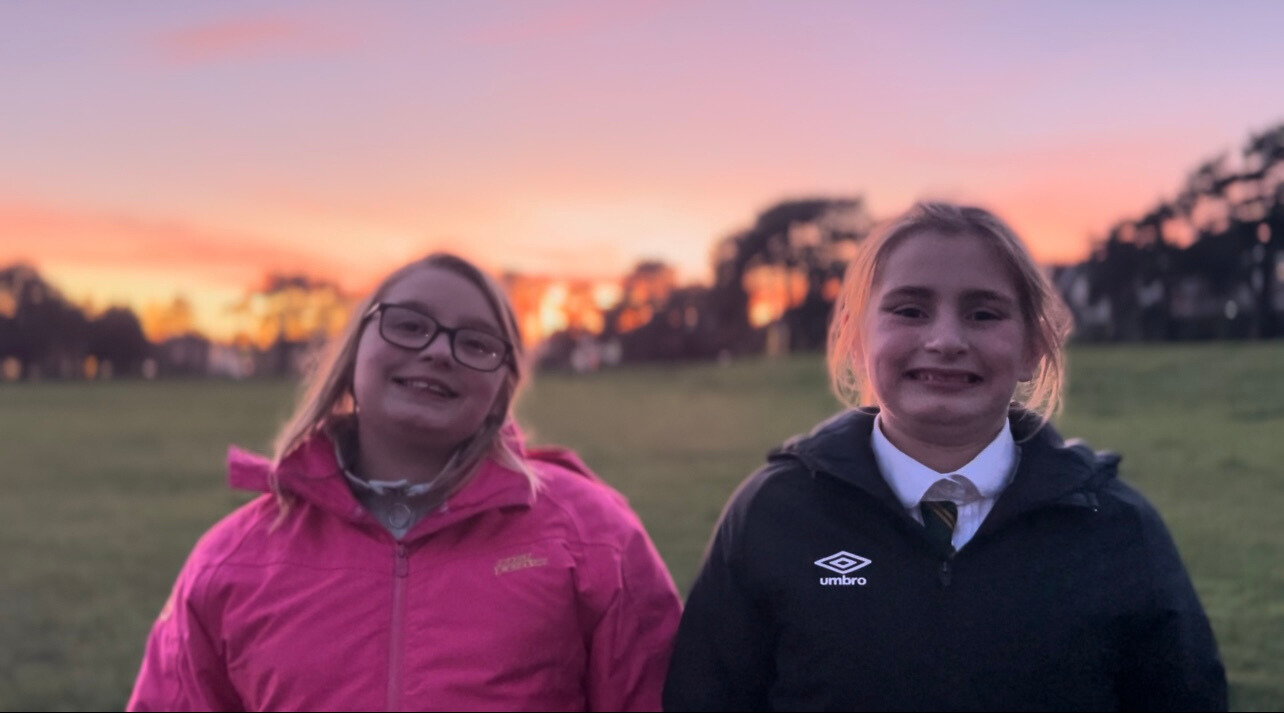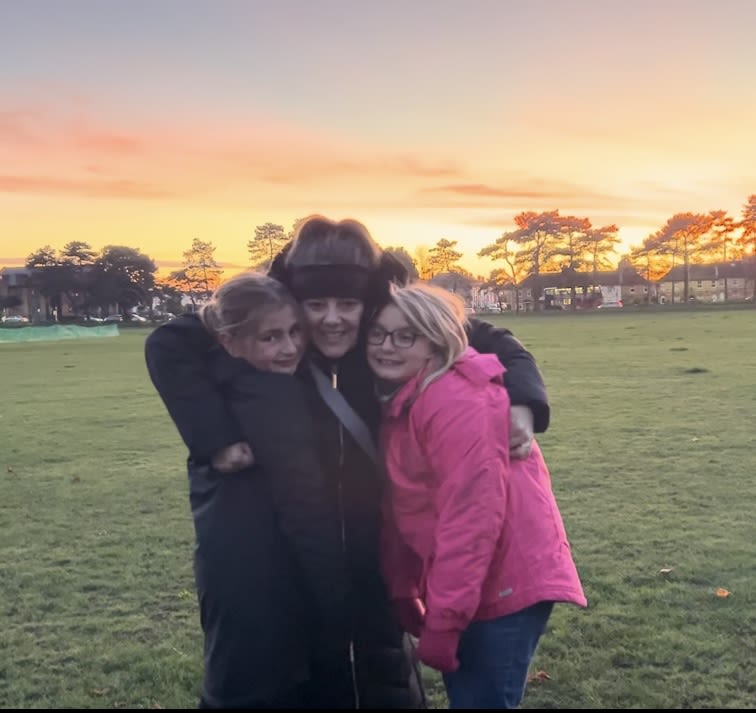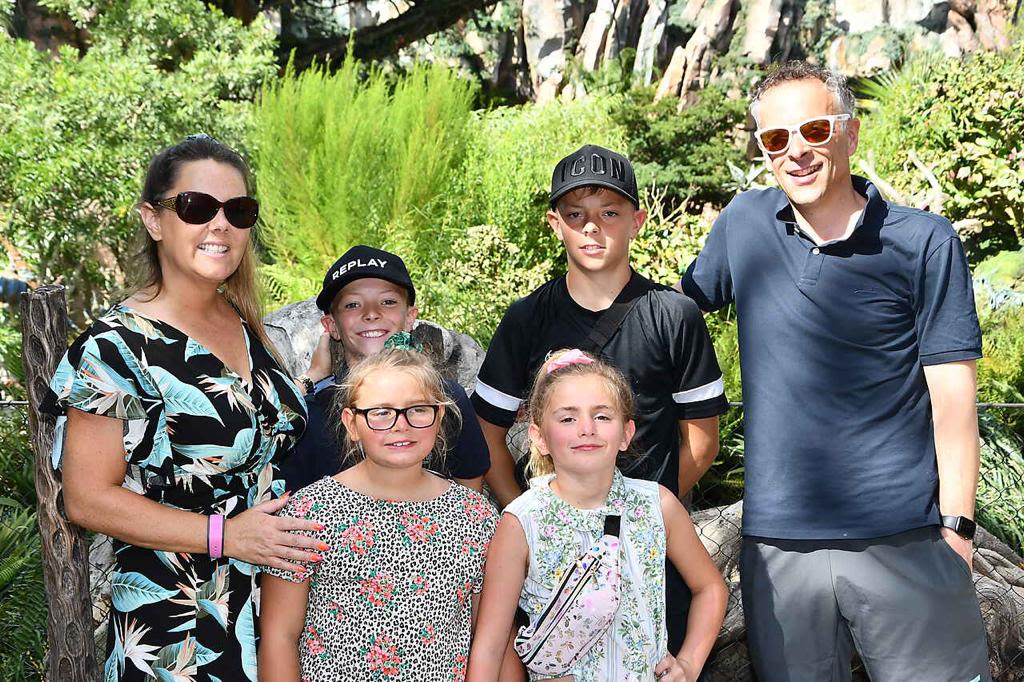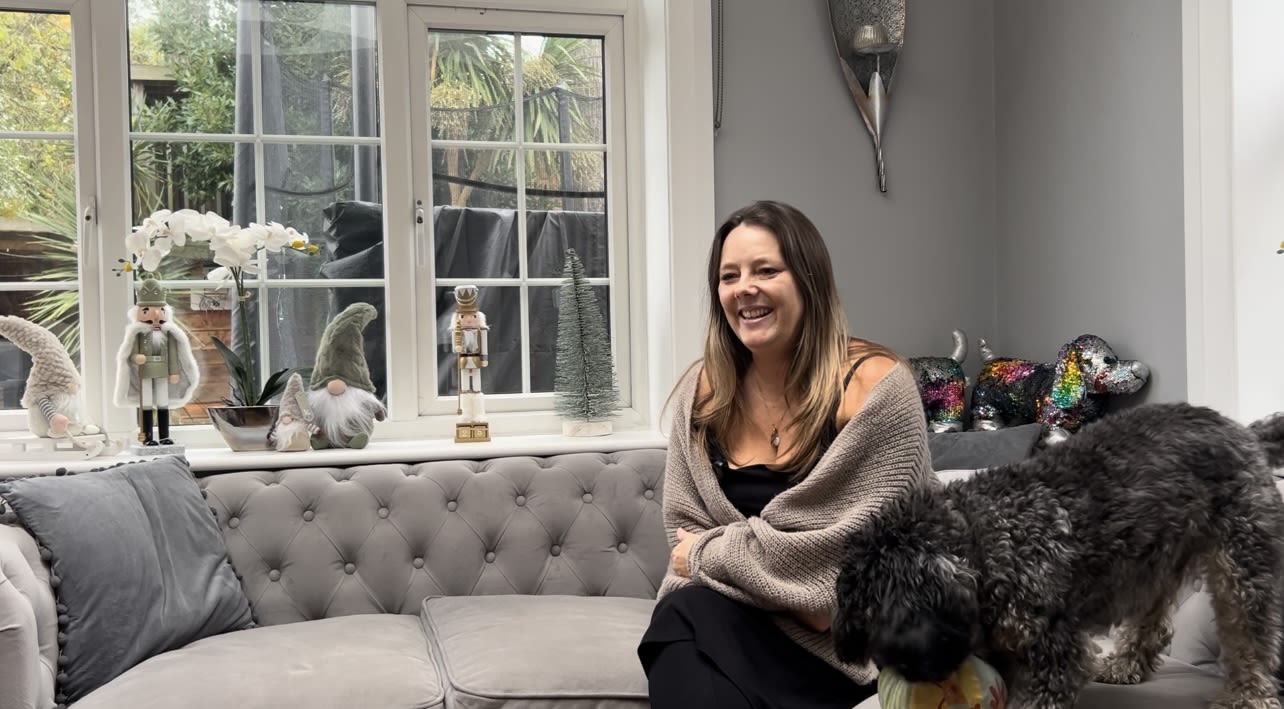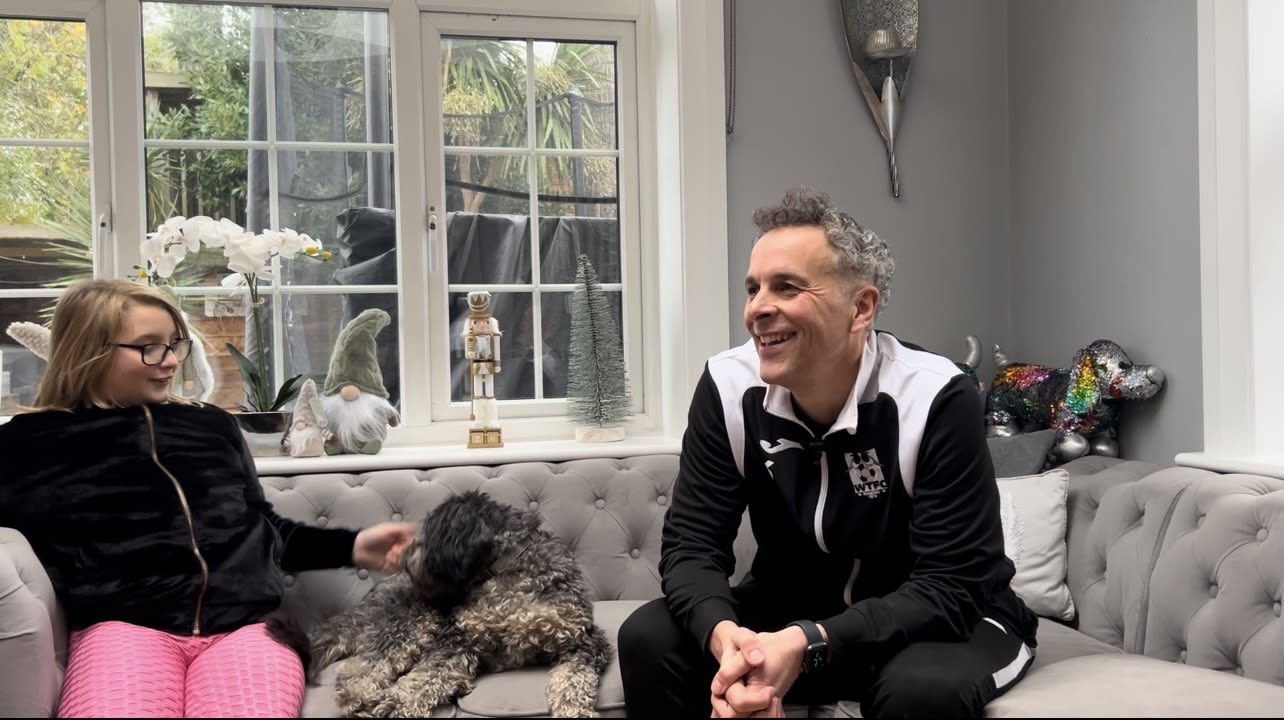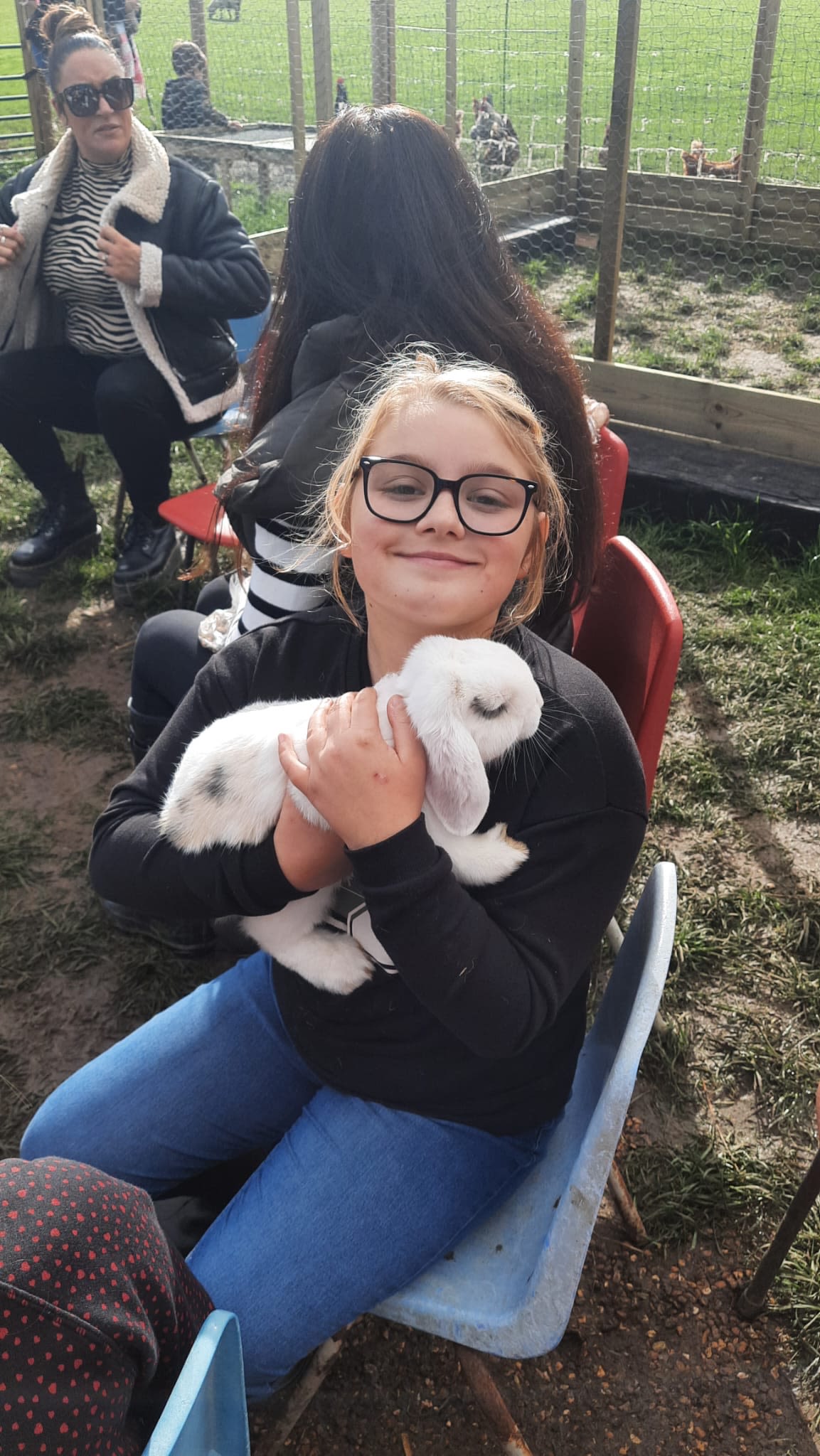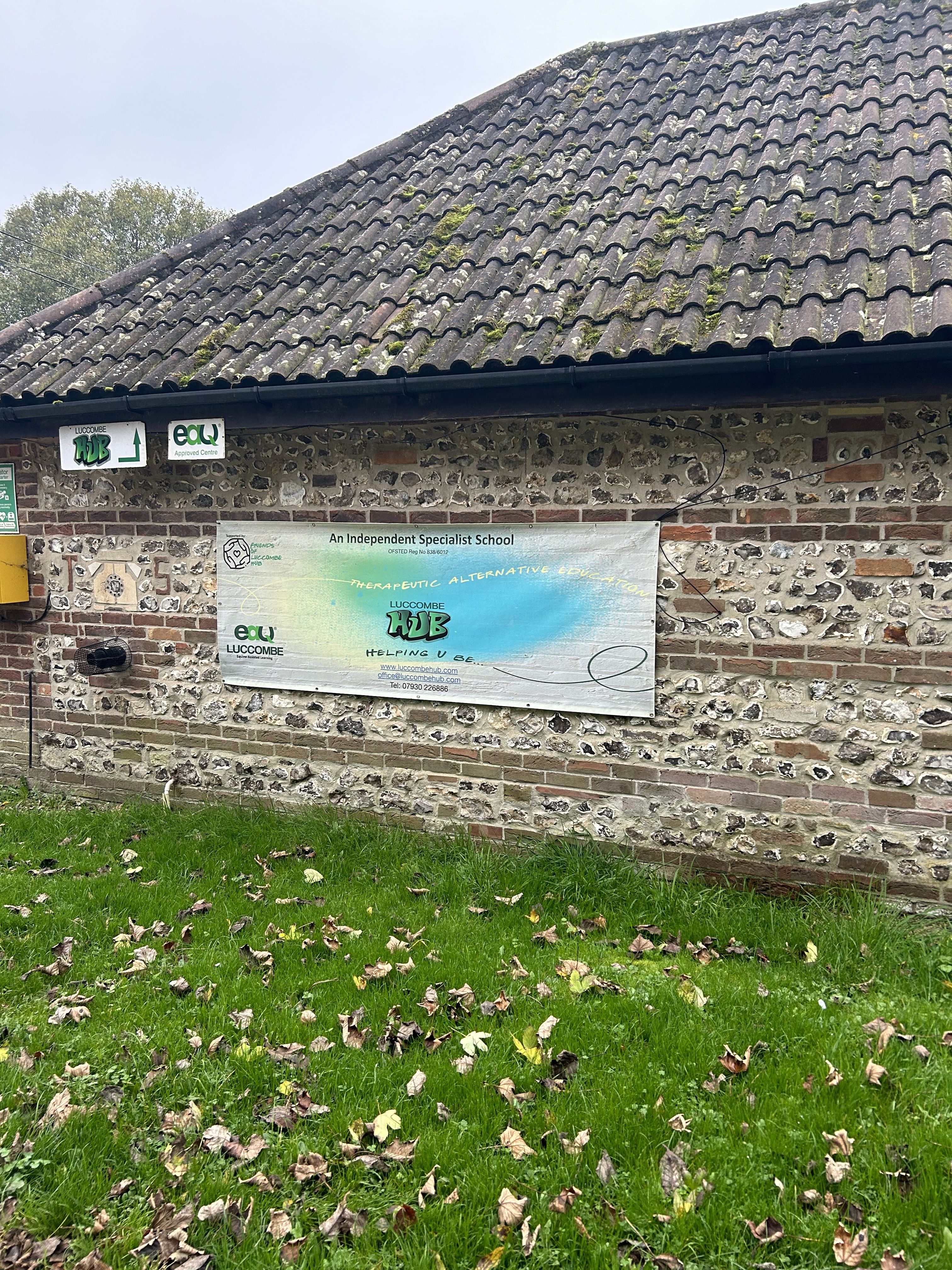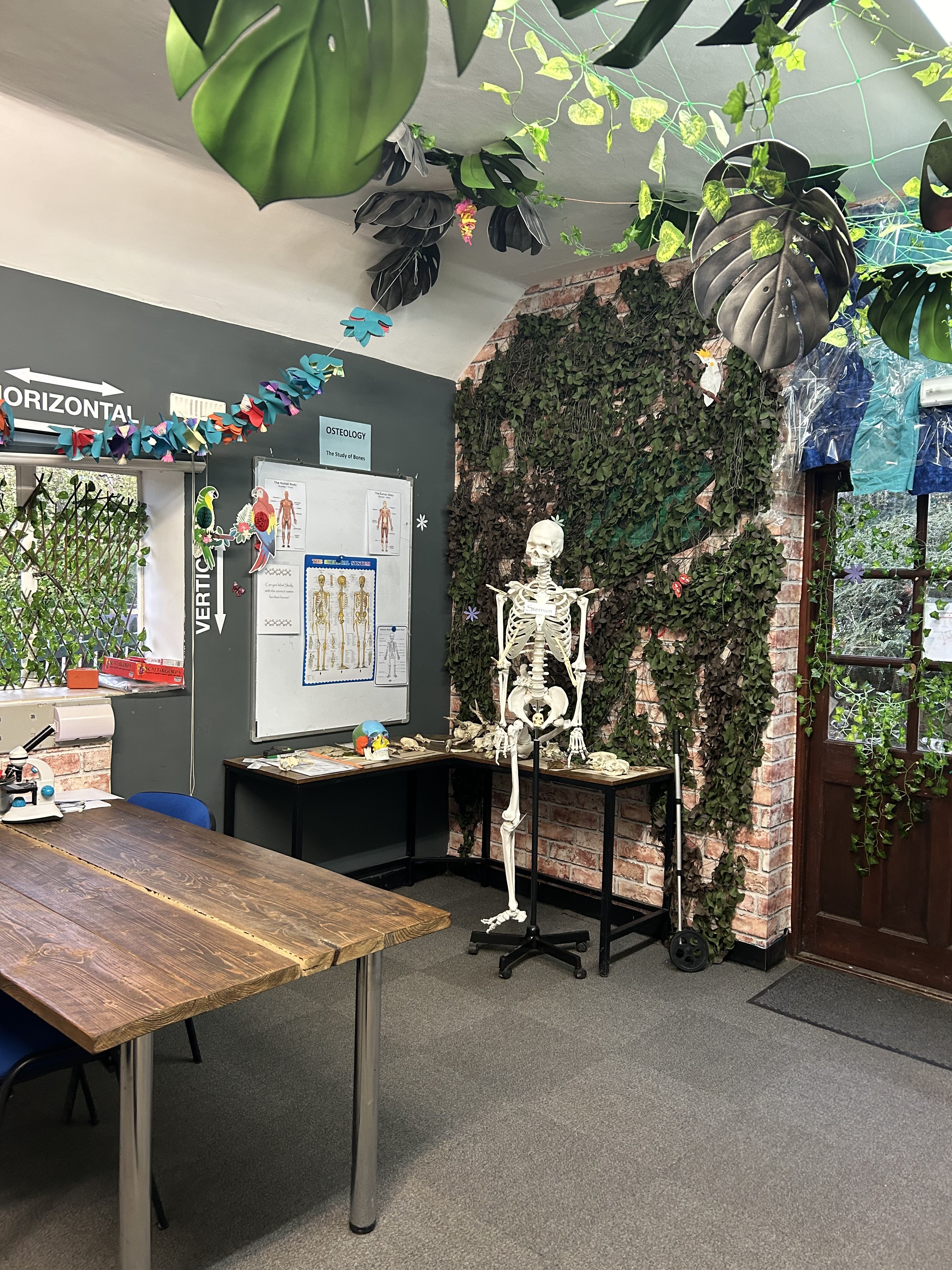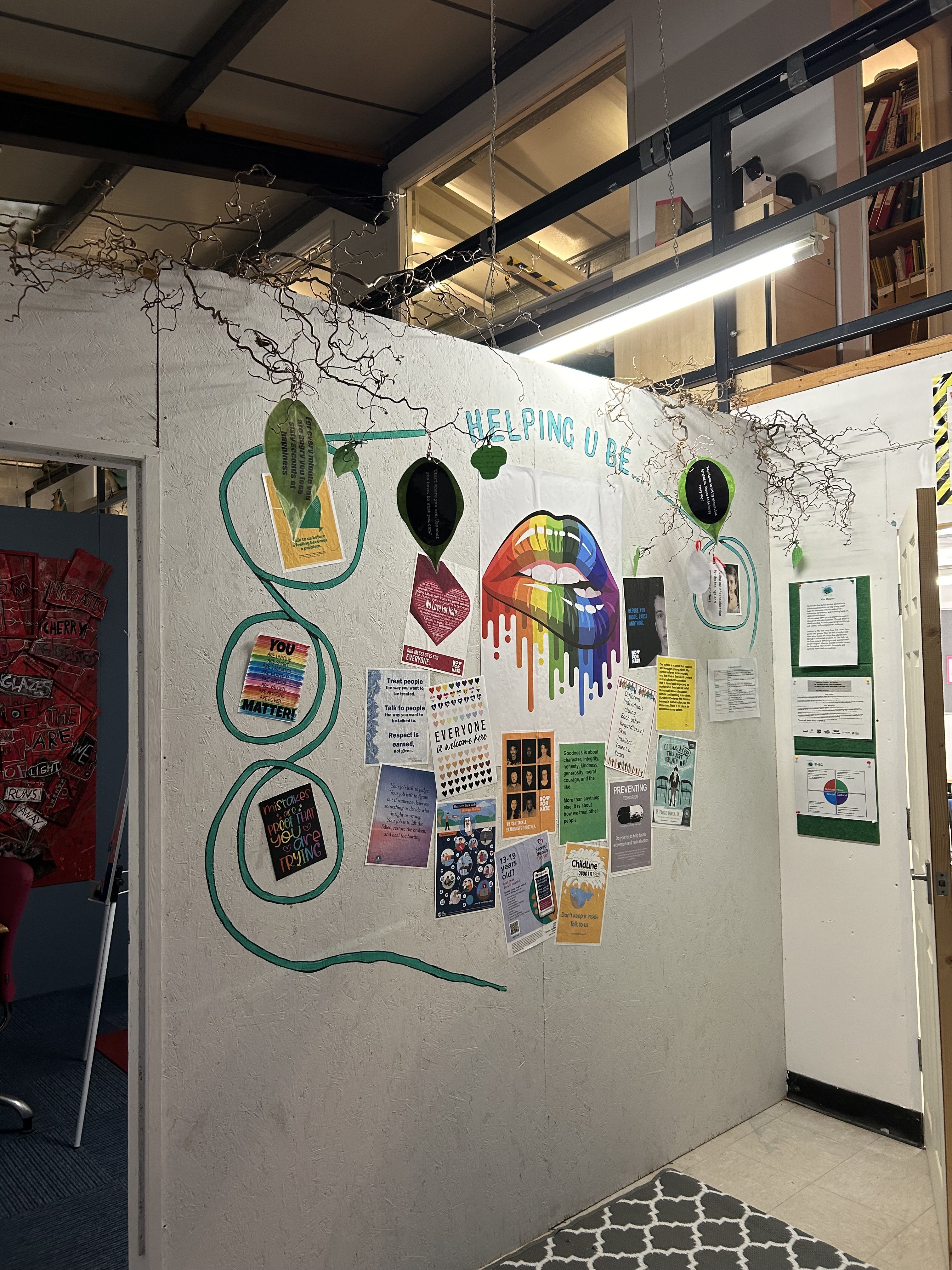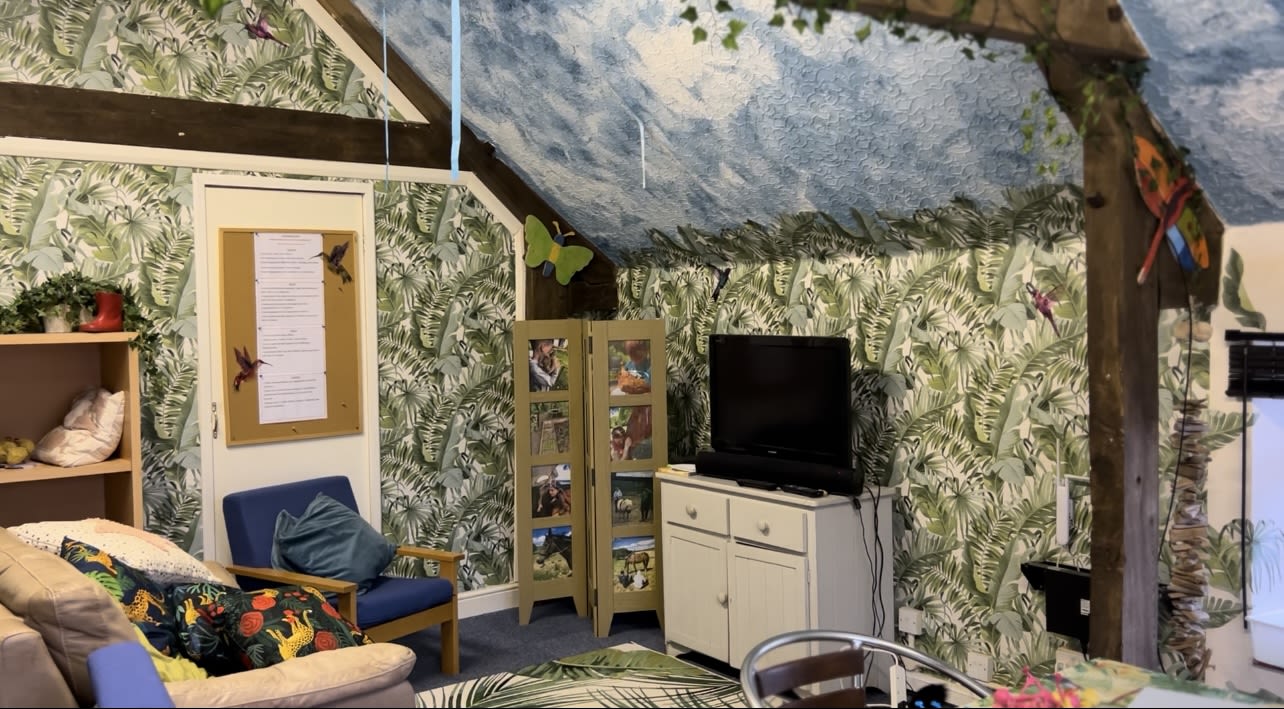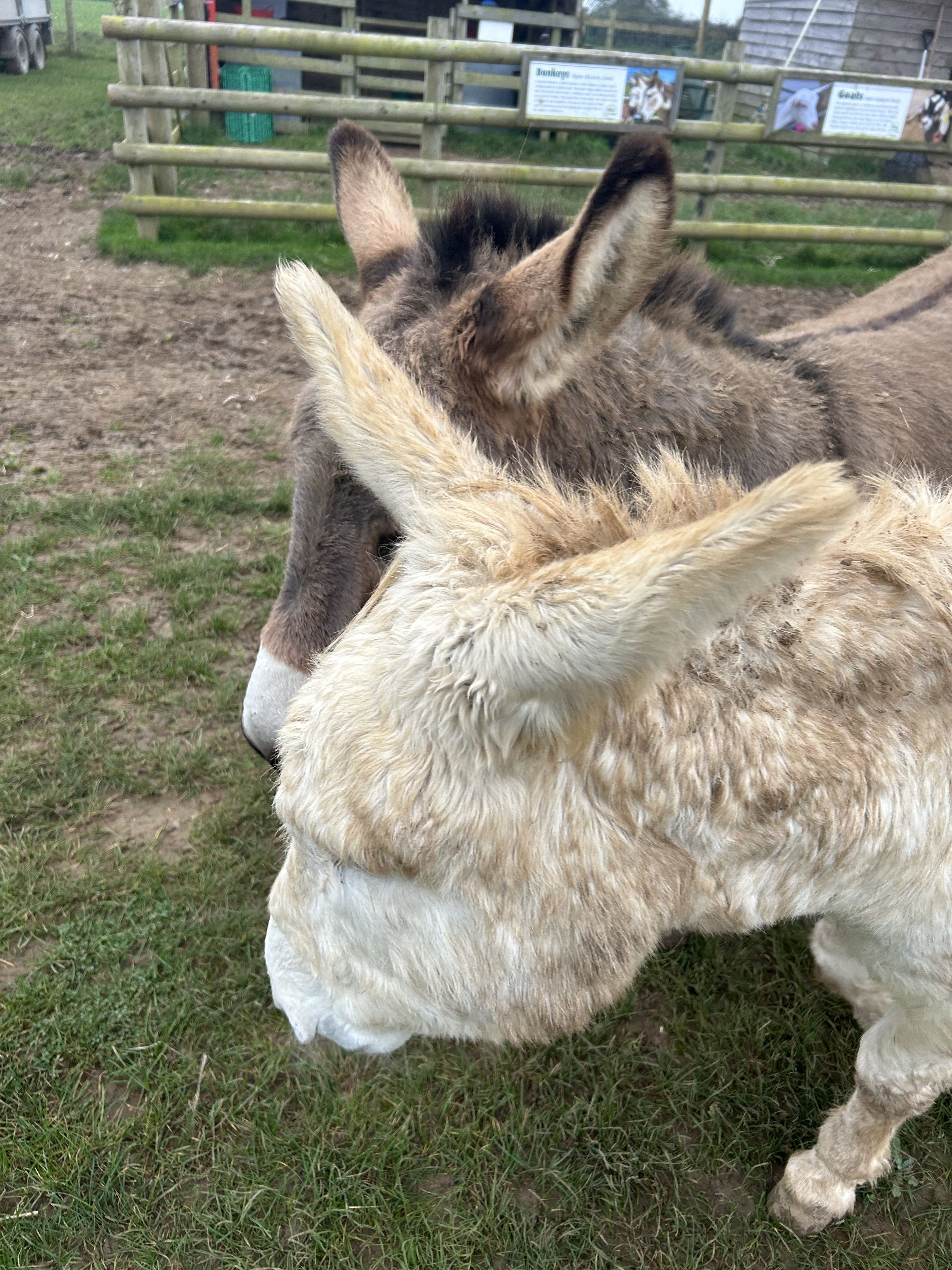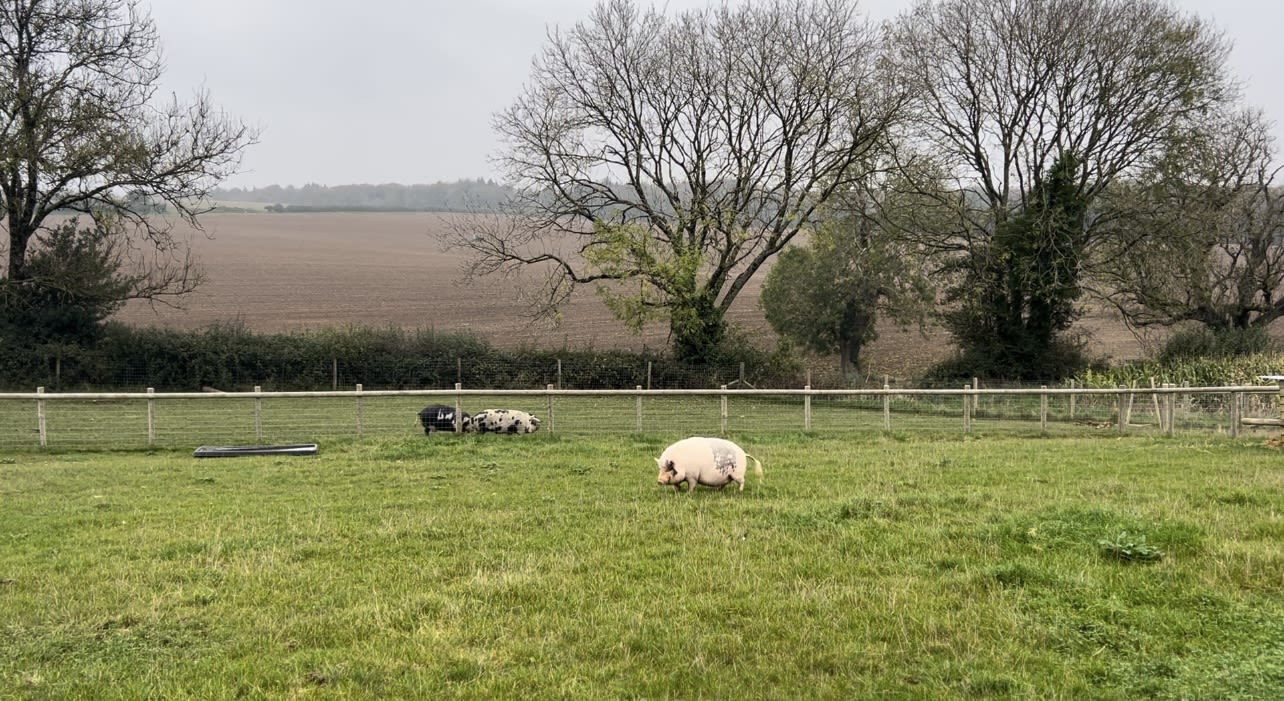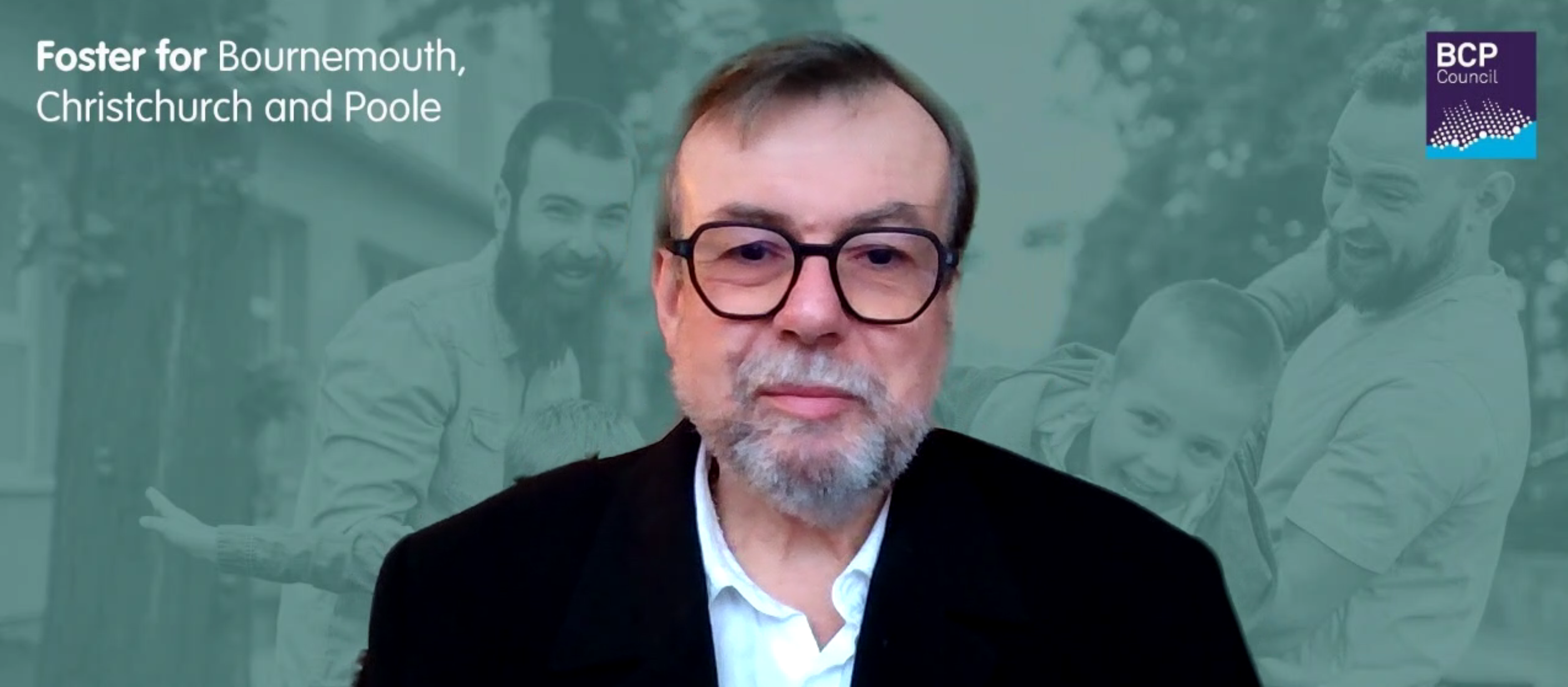Beyond the classroom: Challenges for adopted children in school.

As a parent, the school run can be tough. When you use the term “shoes on”, well that’s when hell breaks loose.
Mornings can be chaotic: from when the alarm rings, to waking the kids, packing lunches, and the toughest part- getting them out the door. For children with Special Educational Needs who struggle at school, this challenge can be greater.
Many adopted children in mainstream school's struggle to feel safe and settled, often leading them to finding an SEN or alternative provision schools to meet their additional educational needs.
According to Adoption UK, 80 percent of adoptive parents feel their child needs more support in school than peers because their adverse early life experiences have affected their ability to cope in school academically, socially and emotionally.


Ellie's story
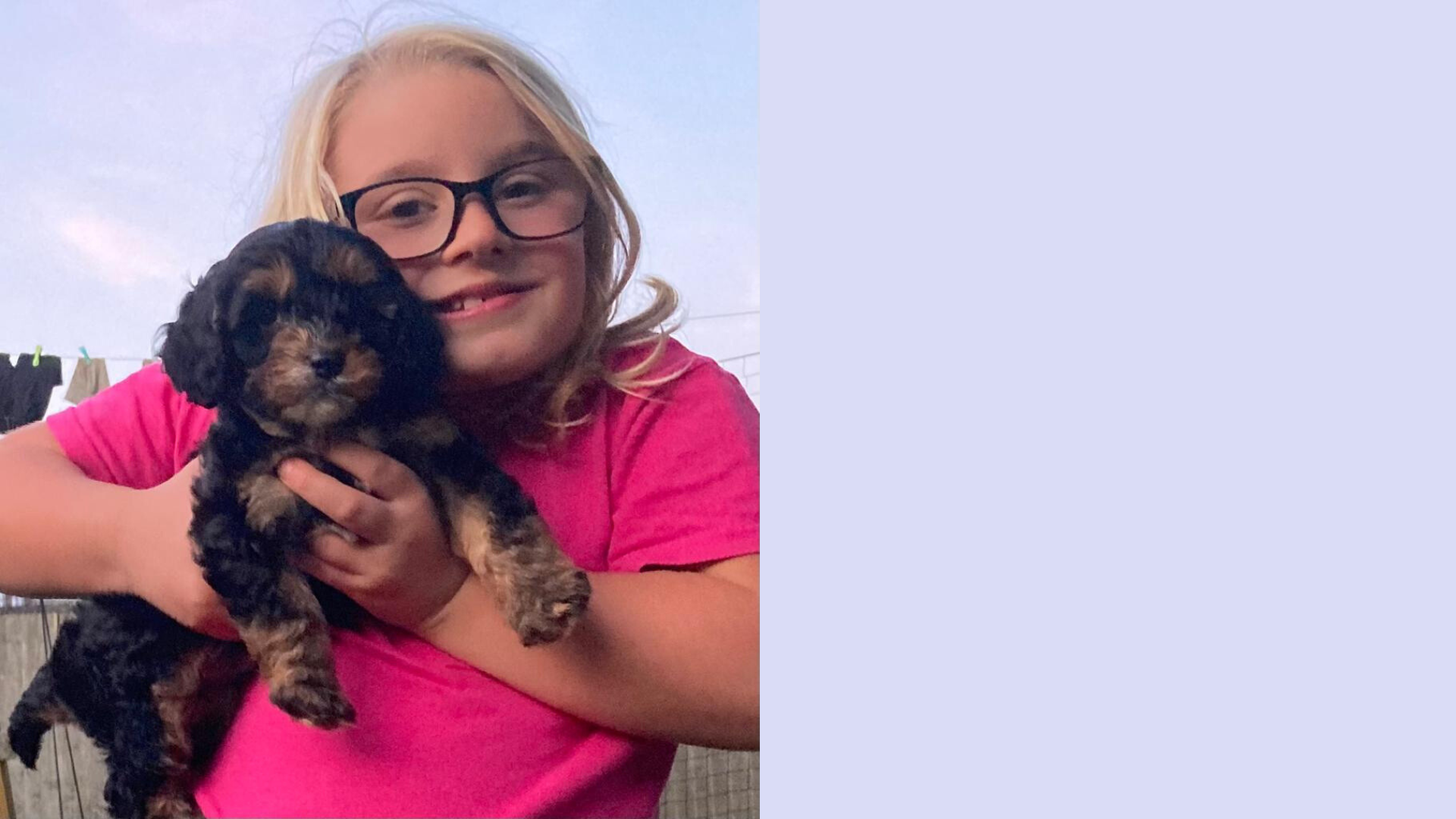
Photo taken by Victoria Leamon
Photo taken by Victoria Leamon
Photo taken by Lucy Simpson
Photo taken by Lucy Simpson
Photo taken by Lucy Simpson
Photo taken by Lucy Simpson
Ellie, 11 and her sister Lexi, 10, were adopted in 2018 by Victoria and Martin, who also have two sons.
While both girls started in mainstream schools, it became apparent Ellie needed a different approach to learning due to her additional educational needs; however, this wasn’t an easy process, and the family felt as they "didn’t have enough support".
Victoria said: “The first few years, it’s all very similar with the nurture side and what's required for all children but with the academic differences, it was the learning and processing issues that Ellie started to experience.
Photo taken by Lucy Simpson
Photo taken by Lucy Simpson
“As they get older the gap just becomes wider and not only did, we and the professionals see it, she starts to notice she’s doing different things to the other kids.”
"I think there needs to be just more focus on the child.”
Martin admitted: “It was quite early days it became apparent to us that a normal school setting wasn’t appropriate for a child with early trauma in their life.
“Ellie has a lack of feeling safe and lack of attachment and when you have the usual friendship problems, she finds it hard to deal with. As they got older, the more she got left behind.
“It bewilders her, it’s as much about the environment that the kids are in that makes it wrong for her. The school has certain things they do like nurture rooms but it’s more coping with the normality of the school that’s the problem, that’s where there’s a challenge.”
The main issue for Ellie was the one-to-one aspect in school. Victoria said: “In school as you go up in the year groups the teaching assistants would float around more. She needed that one-to-one adult attention, when she had that she was kind and settled but it’s the bit when she's on her own.”
Victoria spoke about the steps they took for Ellie: “Speaking to the SEN lead was the first step, as we’ve gone through the school, we’ve been putting in different interventions to try and help but when we realised, they’re not kind of cutting it anymore that’s when we started to go well what’s next?"
An EHCP is an Education Health and Care Plan setting out a child's or young person's special educational needs and the support that is required to meet those needs.
Victoria and Martin had to get Ellie's EHCP changed to reflect that mainstream school couldn’t meet her needs anymore.
The question of support seemed to strike a chord.
Victoria took a deep breath and laughed a little and said: “Just the primary school I had support from during the process. The social worker came on board towards the end. We needed more support.
“It could have all been picked up quicker, potentially by the school to be honest. It may be a bit of them not wanting to admit that they can’t cope, this is no way a reflection of the school but it is to say it's not the right setting for a child with these needs, therefore this should be looked at.
“With the council, it all went through smoothly with the initial change of the EHCP, the needs were so great it could not have been argued.”
The former teacher, now BCP Councillor Burton stated that once a child gets the EHCP, the local authority "have teams that advise on how the transitions go, pay the bills and transport."
Victoria admitted that: “The adoption services could have been better. From our perspective now we should've had professionals on a regular basis, it all needs monitoring much closer.”
The council has a list of establishments for parents with SEN children. Victoria said: “They're in a really difficult place to access, there’s no one that you can phone and tell them your child’s needs, it feels like you’re kept in the dark and it’s all on you. Councils say they can’t keep up with who offers what and who has what places, they put applications in, but they don’t really know what goes on.
“Our first application did not include the school that she is at now. It is a really messy system. I think there needs to be just more focus on the child.”
Ellie now attends the alternative provision at Luccombe Hub which aspires to "focus on learning, not teaching. Children who cannot access mainstream education due to trauma and lack of social skills are able to access an alternative form of education with one-to-one support".
"It’s an escalation point, no one seems to be able to give you a straight answer unless you get to that point.”
Martin said: “Our child has ended up at a school that’s an hour away, it’s a brilliant place but you're telling me in a population conurbation like Bournemouth, Christchurch and Poole, that they couldn’t create a hub like that in a more practical environment.
Councillor Burton said: "Providing more specialist provision in the local authority is something we are trying to do to get a better outcome for children and young people.
"Private provision becomes incredibly expensive. It tends to not be in the area and children and young people have to travel to get there. It's not good to be put in a taxi every day to go to school."
Photo taken by Lucy Simpson
Photo taken by Lucy Simpson
As for Martin, well he feels very strongly: “If I was brutally honest, I’d say there's no support…you do not get anything unless you go kicking and screaming for it.
“For us as parents when we spotted it wasn’t the right place, there’s no clarity on what the options are, no defined route on what steps to take, it’s all very slow, you have to find it all out yourself.
“I have a pretty dismissive view of social services and adoption services, for many reasons. I had it at my wits end and I had to shout for an answer, and you shouldn’t have to do that, it’s an escalation point, no one seems to be able to give you a straight answer unless you get to that point.”
Both parents agreed that they have seen differences in Ellie's behaviour since attending Luccombe Hub, Martin said: “She actually wants to get up in the morning and go, we used to have massive resistance pretty much every morning in terms of getting up and going to school. Now when she comes home, she clearly has a sense of achievement, she does cooking and applies maths to it, there’s a big element of giving them life skills, there’s definitely a sense of pride in what she does.
“It’s hard to know who's responsible for creating schools like that and those environments, the person who set it up hasn’t done it because they found a gap in the market or wants to elevate money, it’s because they’re actually trying to make a difference and wants to help children in that position. Surely the education system should be structured that it provides environments that are fit for different groups.
“Ellie won’t be the only adopted child that has trauma issues. You don’t want to section them and say you should go to this school because you have this badge but just the natural unsuitability of that.”
Photo taken by Victoria Leamon
Photo taken by Victoria Leamon
Photo taken by Victoria Leamon
Photo taken by Victoria Leamon
Photo taken by Victoria Leamon
Photo taken by Victoria Leamon
Photo taken by Lucy Simpson
Photo taken by Lucy Simpson
Photo taken by Lucy Simpson
Photo taken by Lucy Simpson
Photo taken by Lucy Simpson
Photo taken by Lucy Simpson
Luccombe Hub is an alternative to conventional education, ranging from ages 8 to 18. They help learns to recognise, voice and manage their feelings, emotions and anxieties.
One of Luccombe Hub's Zen areas. Photo taken by Lucy Simpson
One of Luccombe Hub's Zen areas. Photo taken by Lucy Simpson
Their mission is to help young people learn by connecting with the outdoors in a therapeutic environment. They encourage participants to express themselves through practical based activities.
From working in Asia with children, that’s when the founder of Luccombe Hub, Henri Monier-Williams, realised she wanted to foster in the UK which led to setting up Luccombe Hub.
Henri, now the Headteacher, said: “I learnt a lot about attachment from my own attachment issues from my early childhood. I want to give children better and give them the opportunity I didn’t have. I really struggled in mainstream school.”
Her foster children couldn’t cope in a mainstream school because of issues of attachment, Henri said: “They needed those one-to-one's and to build those bonds, so I started educating at home and that’s why I set up Luccombe Hub, to meet their needs and to ensure we put mental health first. Once you get the mental health right that’s when you can then get the education right.
“A mainstream school cannot meet the needs of the children that we have. They might try, the majority of staff are not trained in attachment, trauma or communication. They don’t have the staff or funding; mainstream schools are just not set up to deliver to kids with SEND needs."
Councillor Burton said: "In mainstream schools, it's the people that work there that make the difference, it's the people and the staff.
"They get equipped if they want to get equipped, the local authority is there to help them to do that, if that's the journey on. But we can't force them, but we can fight the corner of the children that go to the school."
Luccombe Hub has a therapeutic farm in a smallholding set in 15 acres of countryside, overlooking the surrounding forests of Milton Abbas. Through project-based learning, learners can gain as ASDAN Award in Animal care.
Photo taken by Lucy Simpson
Photo taken by Lucy Simpson
Henri said: “We have an allotment, getting the kids outside in the environment, it’s probably the best therapy for them, being outside is incredibly holistic and we get amazing results from it.”
Photo taken by Lucy Simpson
Photo taken by Lucy Simpson
Luccombe Hub has been open since 2019, Henri said: “One of the biggest things that makes us feel great is when a parent phones and says 'Oh my God' my child is a completely different child at home. That’s when you know you've got it right and you have achieved what you set out to achieve, that’s our goal.
"It’s sad because we’re getting probably around 40 referrals a week."
Henri admitted one major difficulty among many challenges: “When we can see why a child needs to be here, but the local authority will refuse funding. You can see it staring at you. What schools won’t notice is children can mask and manage throughout the day; they're very quiet and withdrawn. Schools will say they don’t have any problems, but the child isn’t actually learning, they are just quiet and get missed on the radar. They go home and explode because they can’t cope, but the local authority will dismiss it.
“It all comes down to money and that’s a real shame. Why doesn’t funding get put into places like this that we all know work. It’s sad because we’re getting probably around 40 referrals a week, we know it works, we can offer so much, get the best out of the kids and they go off to do amazing things, I’m really proud of them."
Councillor Burton said: "Schools will always say that they don't have enough funding and it's an issue for education at the moment.
"We as a local authority, are trying to develop more local authority-controlled specialist schools."
Screenshot of Richard Burton on a Teams call. Taken by Lucy Simpson.
Screenshot of Richard Burton on a Teams call. Taken by Lucy Simpson.
"There's not enough money in the system and some people will say the system is broken. Something needs to be done... We need to have a look at a better system for all children with special needs, educational and health needs."
Councillor Burton admitted that there are not enough specialist schools in the BCP area, but for most children, even if they have an EHCP, the best place to be educated is a mainstream school. He said: "Mainstream schools need the help to enable that to happen.
"As the local authority, we are helping to support schools to become better but it's a two-way thing, the school needs to want to do that.
"If a child's or young person's needs cannot be met at a mainstream school, there are specialist schools ran by the local authority or privately. We are trying to develop more local authority-controlled specialist schools."
Anne's story.

A Bournemouth family, whose names have been changed to protect their privacy, Anne and Frank adopted two siblings in 2017.
Alice and Harry both attend mainstream school, the parents have now started seeing signs that their daughter Alice is not coping with mainstream school, but they said: “Not enough to warrant anybody’s attention.”
"The support just isn’t there, it’s just sort of fallen away..."
Anne said: “Academically she’s doing well, she’s exceeding her expectations that the teachers have for her, it’s the social side.”
Alice and Harry attended a ‘nurturing’ primary school, where there were no other children in care at that school at the time.
Anne said: “We didn’t meet with them often and we didn’t feel like we needed to elbow our way through, they were very supportive and happy to accommodate when we needed to speak with them, they gave both kids the extra attention they needed.
“Whereas in middle school and Alice being in senior school, the support isn’t there, it’s fallen away. They’ve got good provision; they have two therapy dogs and a zen area. Hope's pass for the zen area hasn’t been renewed this year. The school said, ‘well let’s see if she really needs it’, we’re going to have to meet up with the school, because she’s really struggling.”
Anne shared that at a recent 'book look' evening, where parents review their children's work and meet teachers, Alice's teachers were surprised to learn she was adopted and had additional needs. She said: "I just thought as a minimum, they would have been aware of that."
Counsellor Richard said: "It is not a requirement for the school to be told that the child is adopted by the adoptive parents or by the child. There is quite a large number of adopted children who are in school that nobody knows that they are adopted."
Anne said: “The trouble is, both kids present themselves really well, you look at them and think they are so confident and so lovely and don’t think they need extra support. It’s when you actually sit down and spend some time with them, only then do you see their needs come out”.
While the council and adoption services provide crucial support for families, parents like Martin and Victoria, and Anne and Frank may find that these services fall short of their needs. In these cases, there are many organisations that step in and help support families.
IPSEA (Independent Provider of Special Education Advice) is the leading charity in the field of SEND law in England, they help navigate the SEND system and secure the education children are legally entitled to.
IPSEA advise families providing free casework support and ensure that the rights of the children and young people with SEND are upheld, they say: "It is absolutely crucial."
If you are in the dark as an adoptive parent, there are many charities such as IPSEA, Adoption UK and CoramBAAF that can provide you with services to support and guide you.
Ellie's parents are working to secure a place for her at Luccombe Hub for next year, while Alice remains in mainstream school. However, Anne is aiming for additional support and provisions to assist Alice in her current school.
